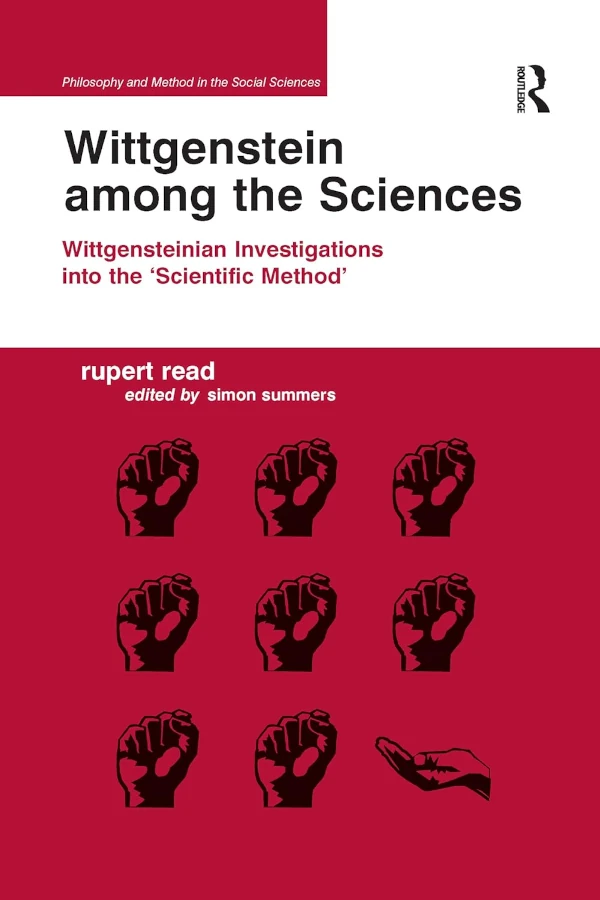
Wittgenstein among the Sciences
An examination of the nature of science through a discussion of the work of Kuhn, Winch and Wittgenstein.

An examination of the nature of science through a discussion of the work of Kuhn, Winch and Wittgenstein.
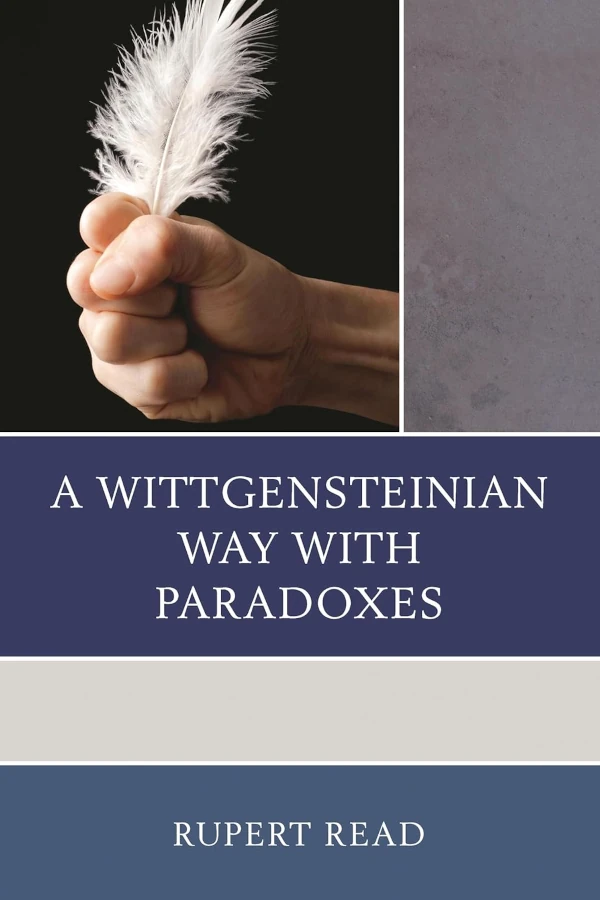
An examination of classic philosophical paradoxes using Wittgensteinian therapeutic method.
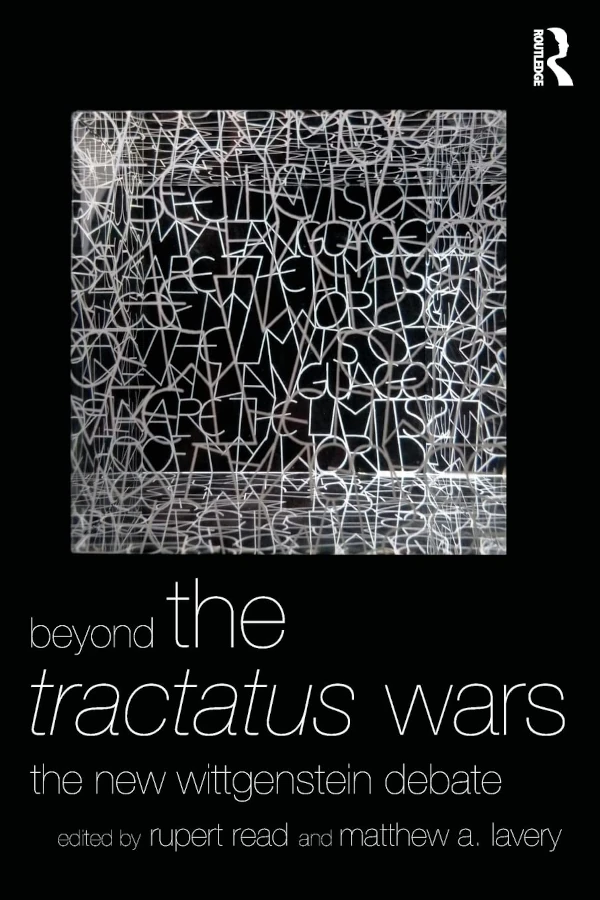
A book which draws together the latest thinking of the world’s leading Tractatarian scholars and promising newcomers.
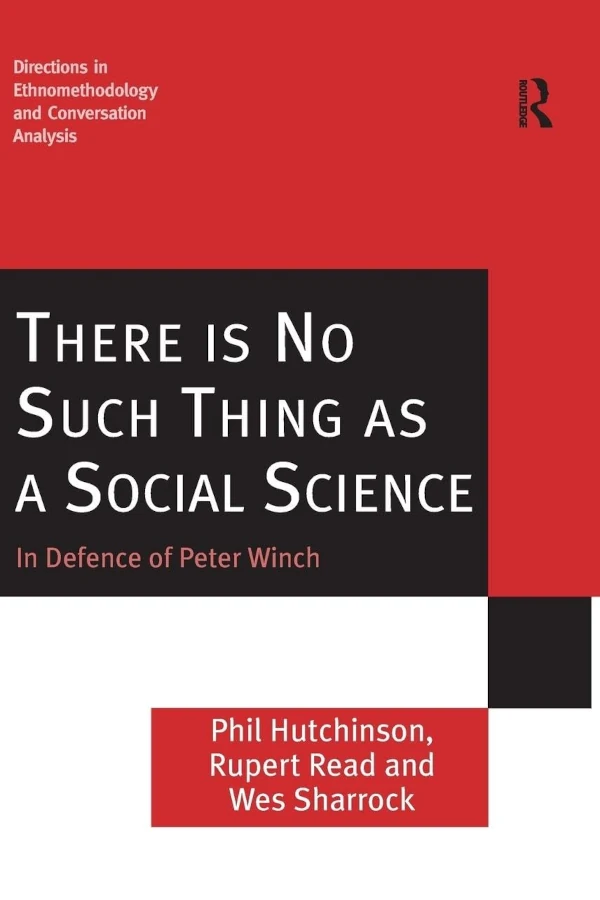
Re-establishing a Winchian voice, In Defence of Peter Winch examines how critics have failed to understand central themes in Winch’s writings.
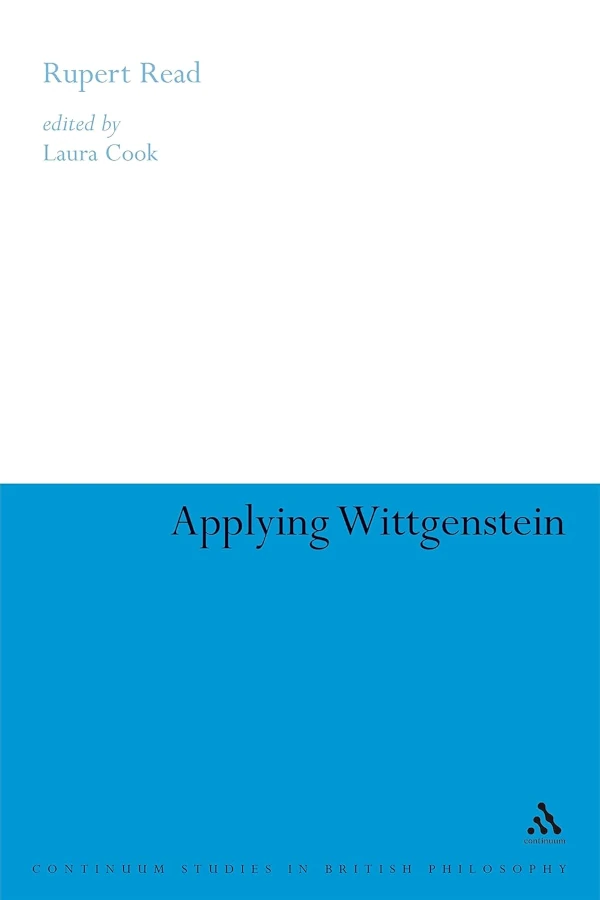
An examine of the implications of Wittgenstein’s work on literature, psychopathology and time.
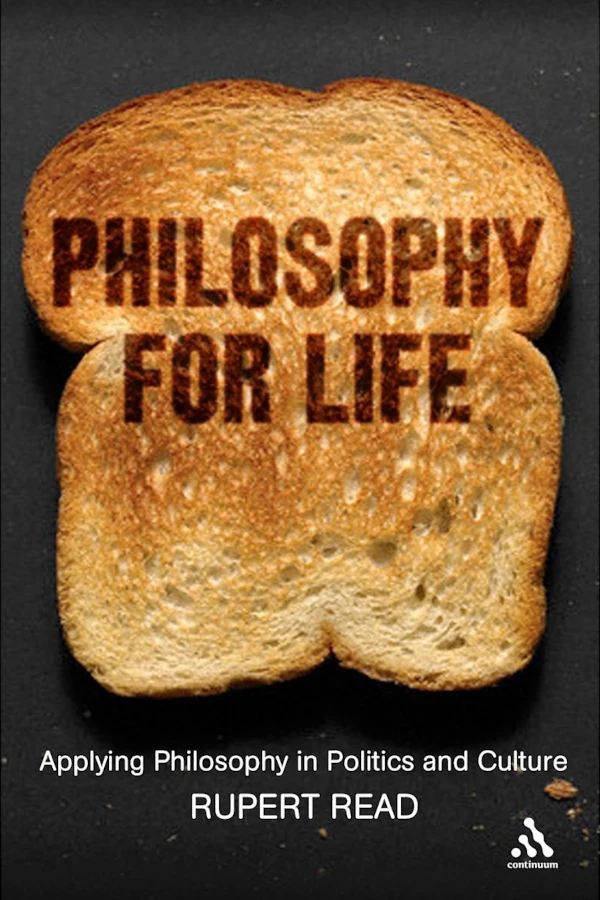
Philosophy for Life is a bold call for the practice of philosophy in our everyday lives.
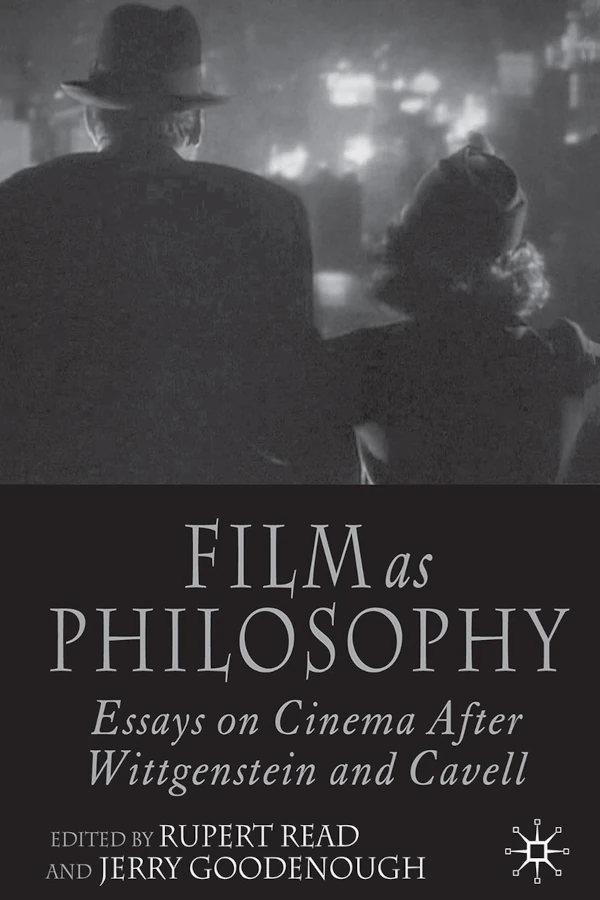
A series of essays on film and philosophy by philosophers or film studies experts.
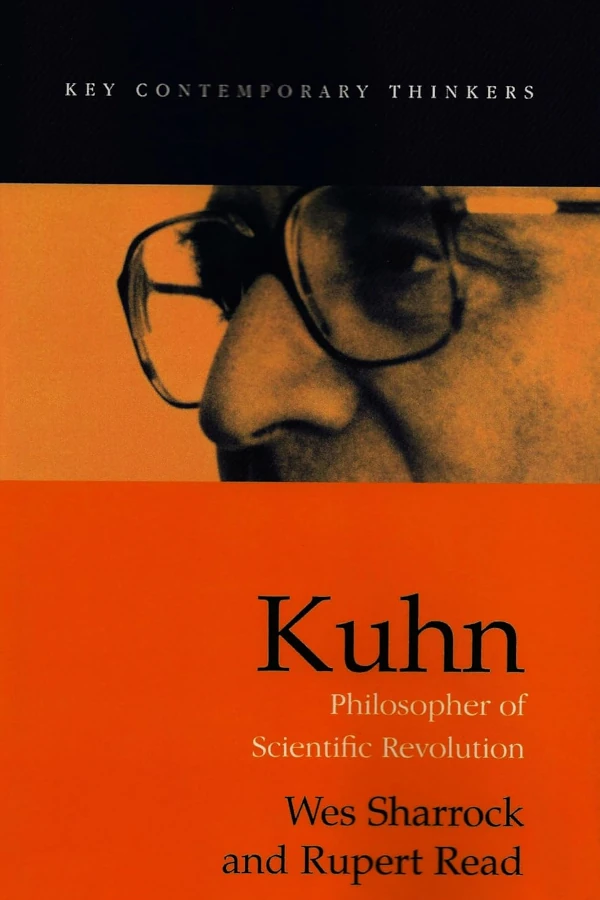
A comprehensive introduction to the work of Thomas Kuhn by Rupert Rea and Wes Sharrock.
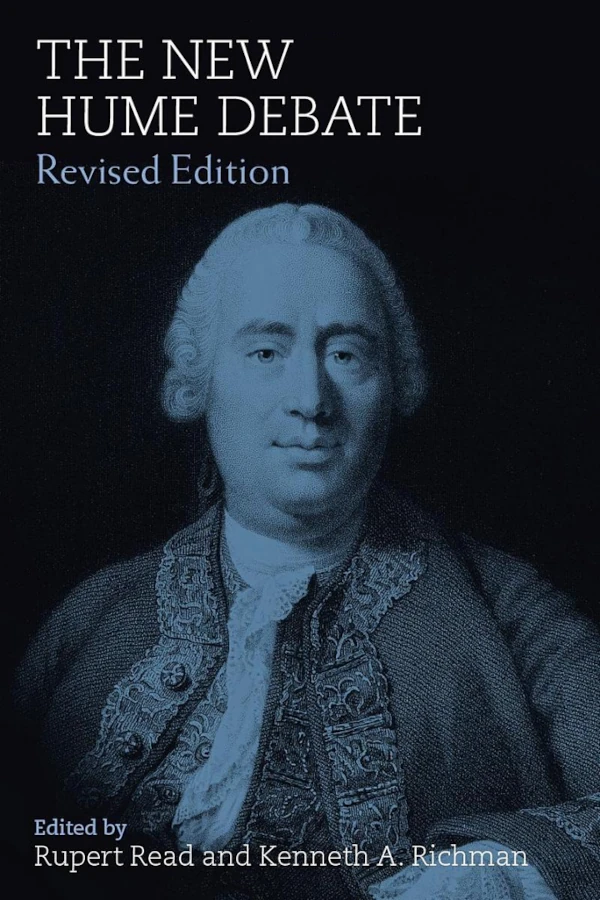
New readings of Hume's work show the philosopher as a sceptical realist rather than a mere sceptic.
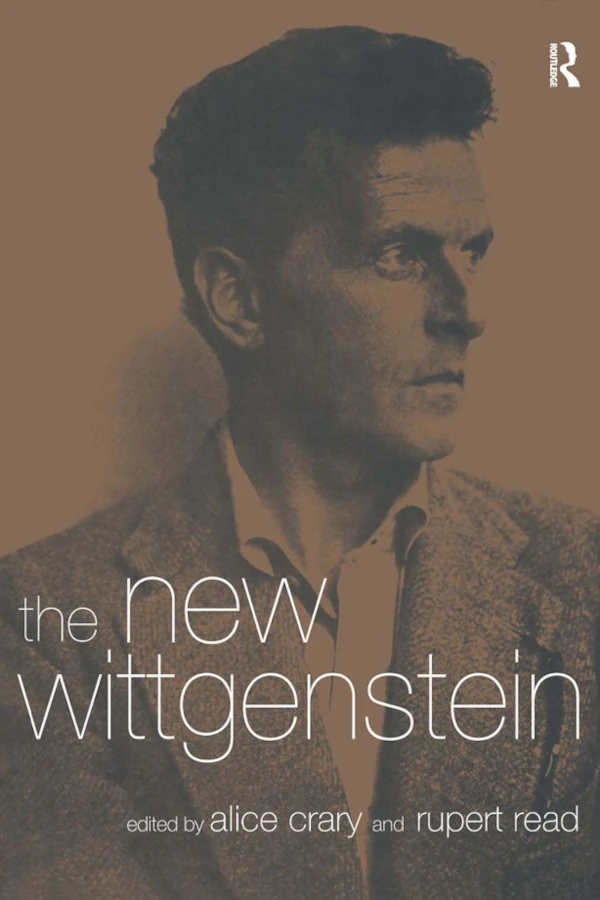
A collection of essays that offers major re-evaluation of Wittgenstein’s thinking.